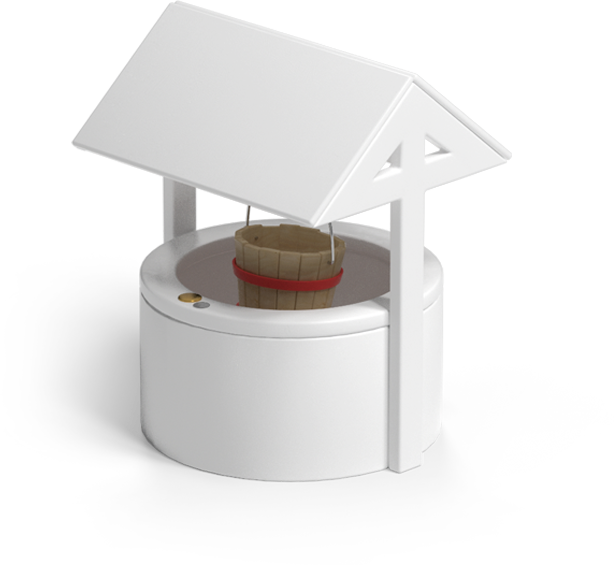Why You Should Invest In Student Property
We take a look at why you should consider investing in student property. There are a number of things to consider and we help you navigate the pros and cons.
By Jon Howe6/12/20

Investing in student accommodation is an increasingly common vehicle through which to potentially earn good returns from property. As a means to spend a windfall or create a nice pension pot, a plan to buy student accommodation is a popular one, while many parents also invest in a property to see their own children through university life, meanwhile making some decent money at the same time.
Like any property investment there are risks associated with buy-to-let student accommodation, and as with most property purchases, location and timing are key. However, the basic model is more or less the same wherever in the UK you choose to invest. You have the cost to buy the property and the costs to run and maintain it, but this should still be outweighed by the rental income you accrue on a monthly basis, if you manage things correctly.
Return on investments such as this are more rewarding over a 15-20 year period, during which you can ride out the peaks and troughs of the market, so there is more of a risk and less return if you invest for only a three year period, for example whilst your child is at university.
So when considering why you should buy student accommodation, consider these potential issues:
Cautionary factors of investing in student accommodation
- Property investment generally is a risk, particularly if the market performs abnormally, such as during the 2007 financial crash. Rents may have to be reduced accordingly, which can squeeze your finances. This in turn gives you little leeway if you have no tenants or face some unexpected maintenance costs, so manage your investment and finances with this in mind.
- Insurance premiums can be higher for student accommodation. Students aren’t particularly house proud, as a rule, and while it is a myth that every day will be a 24-hour party, there is increased likelihood of damage and more wear and tear than normal. Also, student accommodation will be unoccupied for extended periods, so this security risk is reflected in increased insurance costs.
- Many landlords charge rent for the full academic year, but you may feel a moral duty to only charge for term time, particularly for the period you are letting to your child and their friends. If this is the case you need to factor in the period of reduced income.
- Your costs may also include appointing a management company to run the property, collect rent, find tenants and deal with repairs etc. Otherwise you will have to do all this yourself.
- Students can be unreliable in terms of paying rent, so ask for a guarantor – almost always a parent – as credit checks and references are unlikely to be available for a student.
These issues considered, there are still overwhelming positives to investing in student accommodation, and managed carefully this is an investment project that can bring significant rewards.
The benefits of investing in student accommodation
- If you pick the right area at the right time, ie. when there are good capital growth prospects, then a short term investment can be viable financially.
- Even if you find there is no great capital appreciation because of market conditions, you should get a decent return on your investment purely from rental income. Gross yields from student accommodation can be around 10-15% in some areas of the UK, according to financial advice website www.moneywise.co.uk, particularly if you are letting multiple rooms in a house.
- In the right area you should find there is constant and repetitive demand for tenants that is reliable, resilient and with a future proof market. University towns and cities are some of the best places to buy property in the UK.
- While you have responsibilities as a landlord to provide a safe and healthy home, students are not as demanding as, for example, a young professional couple. Students will generally accept non-premium fittings and general signs of wear and tear when viewing a property.
- Don’t forget you are renting the property per room, so you can convert a dining room or even a living room which the tenants won’t necessarily need, and create an extra bedroom.
Take a look at our other articles




